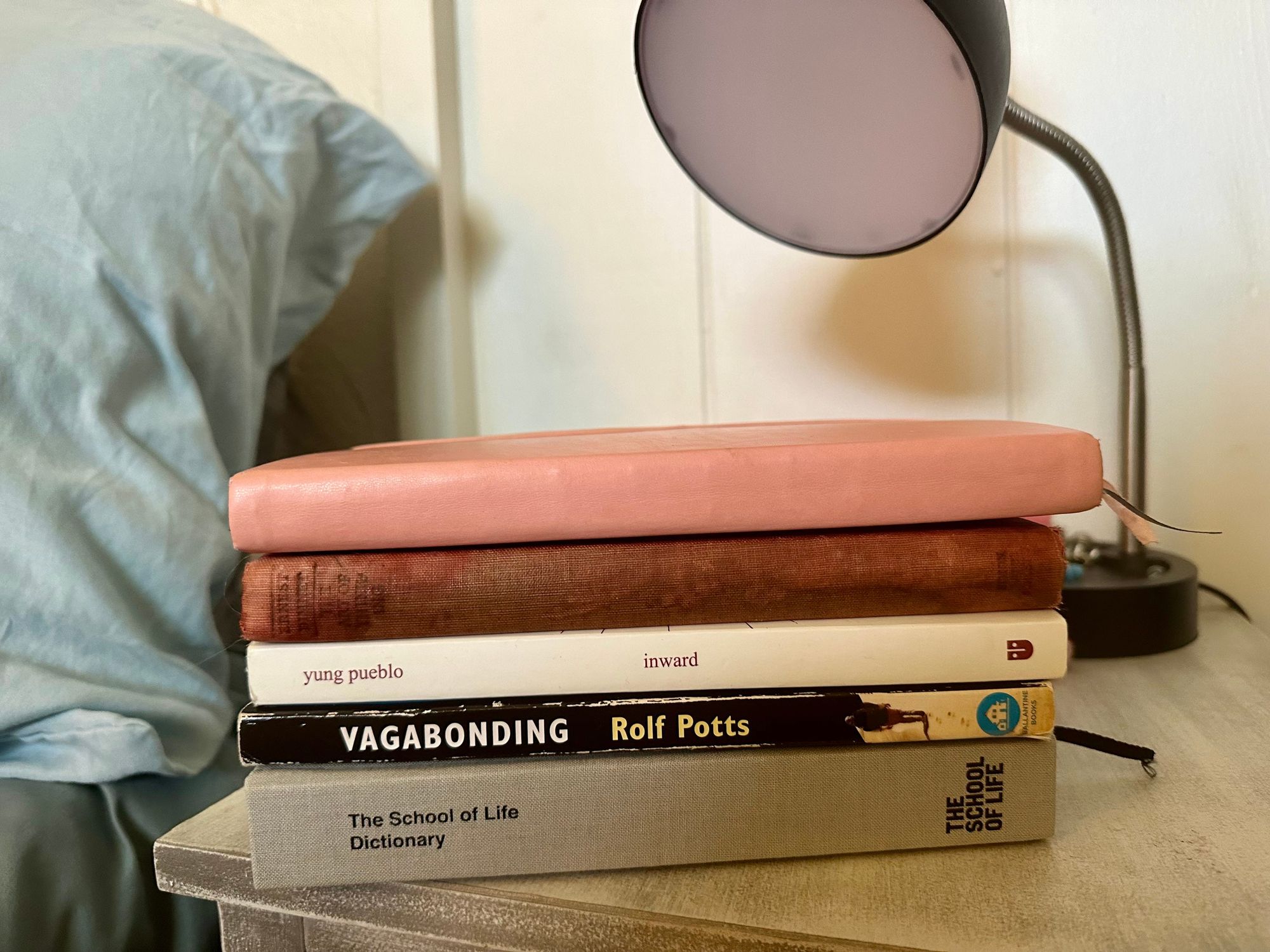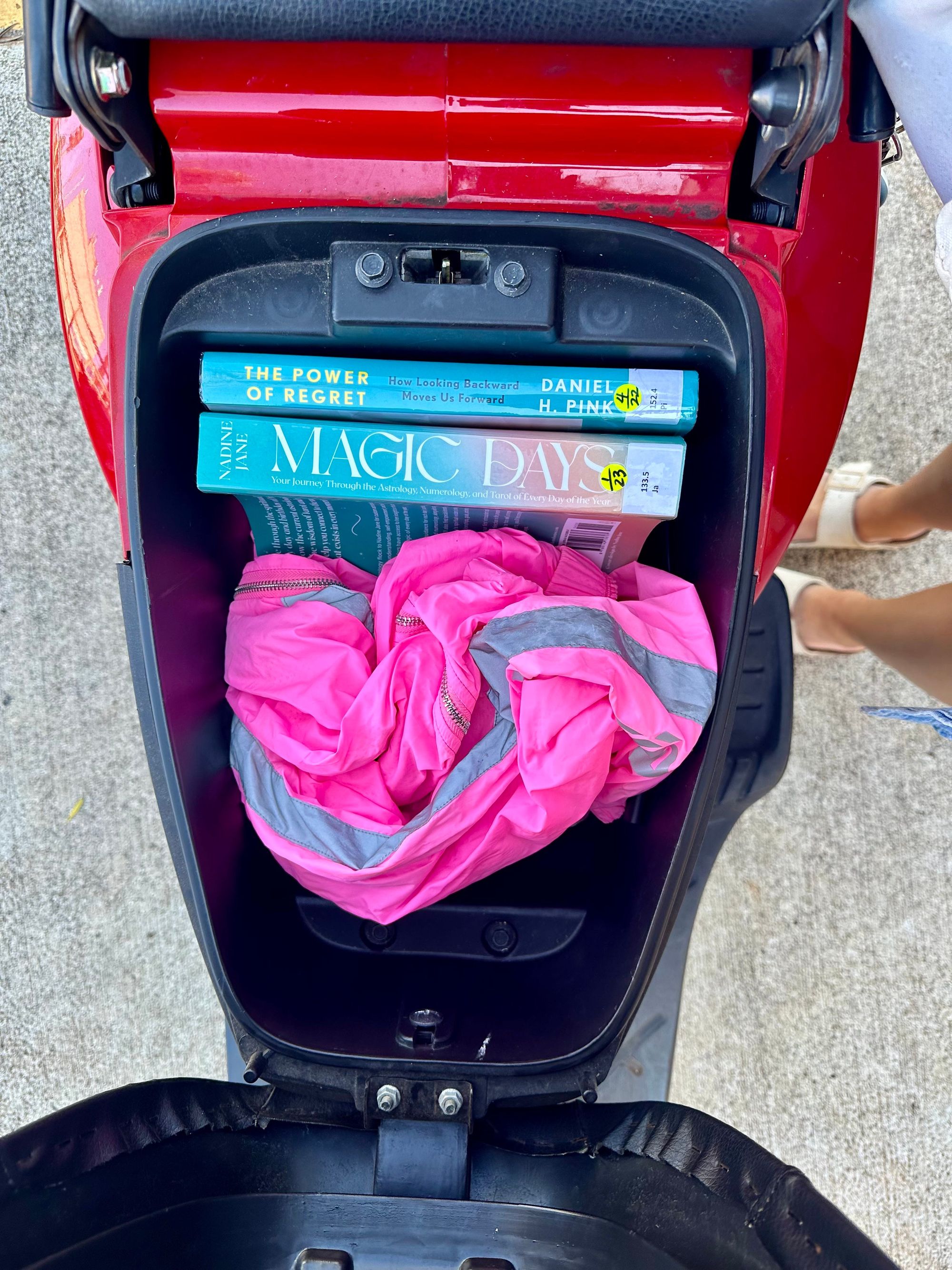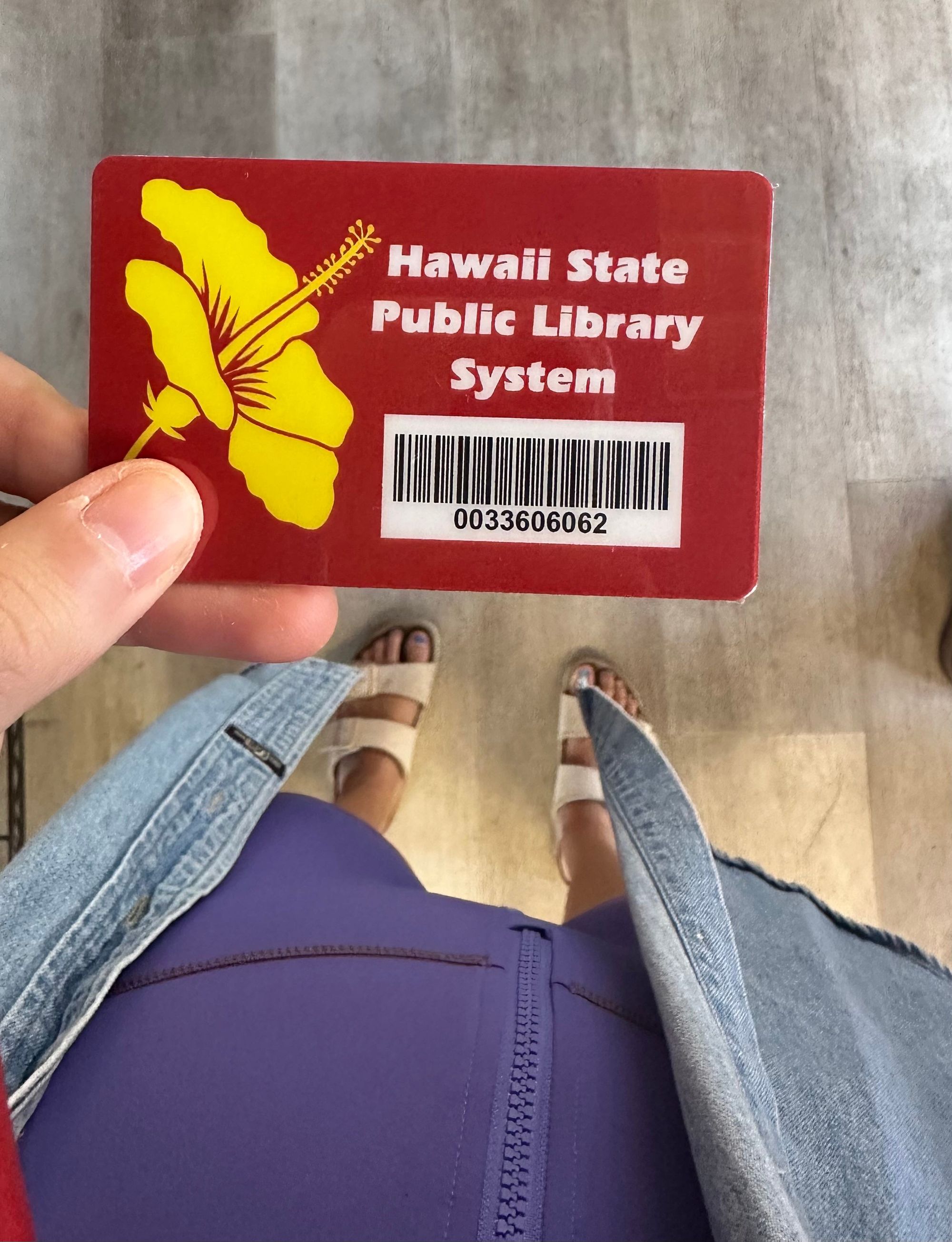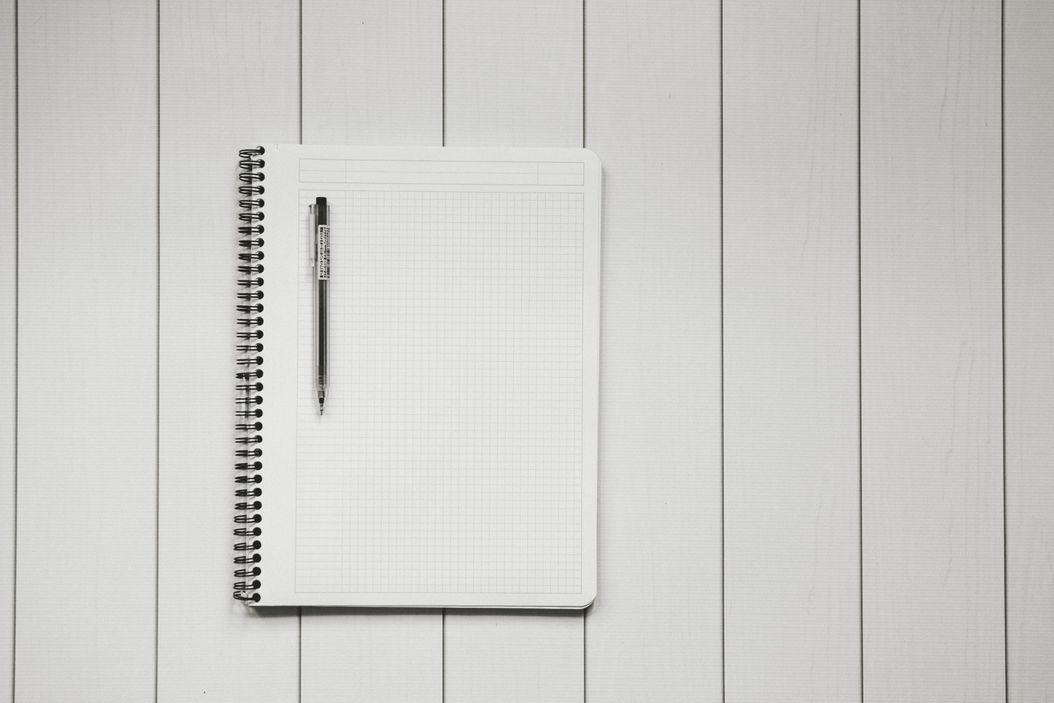I have a confession.
For the last several months, I haven’t read much at all. I’d play the field and flirt with a page or two from different covers as my heart wandered in and out of relationships. That was all until I became a monogamous book reader and still remain one.
It all stemmed from a conversation at the end of January with a friend who is, ironically, non-monogamous in romantic relationships. When I loaned him a book full of life wisdom from my Derek Sivers collection, he had no desire for all four of them because he was a “one-book-at-a-time type of guy”.
Blasphemy, I thought! It’s never crossed my mind to read only one book at a time. Yet, I was intrigued. He’s just as curious as me, so why does he deprive his curiosity of all the ideas that could be traversed across a copious amount of books?
Then I stepped back and assessed my own nightstand. My journal was a given and will always have a place there. But there was also a stack of books there, some were just collecting dust. On it was my etymology-infused storybook dictionary, the poet Yung Pueblo, philosopher Ernest Dimnet, and traveler Rolf Potts.

My polymathic ways led me away from writing and towards overwhelming inaction.
I thought I liked having a constantly available selection since it created an air of freedom, but each night I found myself either journaling or watching a movie instead. I am being fooled by living in the age of abundant information that this is the way. Where I used to see all the options as empowering, I now feel I wasn't giving each book the attention it deserved. I was cheating on all of them.
Being a writer, not reading makes no sense at all. It's like trying to become a YouTuber without watching any videos. Your output stems from your input. It’s the wood that fuels the fire of sensational creation. Being a perennial book quitter was no longer useful.
I made an executive decision to run a fun experiment in February: One month, one book at a time.
I went to the library at the end of January to get a new library card. I realized checking out a book would instantly create urgency since I’d be obliged to return the book. The book that called out to me was The Power of Regret: How Looking Backward Moves Us Forward by Daniel H. Pink. I decided that would be my first selection for this experiment. Usually, I wouldn’t say I like reading new releases, but when I saw it at the library, my existentialism crept in as my birthday neared. There were fourteen chapters so I read a chapter a night each weeknight. Some nights, I was too tired to finish a chapter, so I reread it the following day. My goal with reading this was to learn how to use regrets in my life for better decisions.


I did commit infidelity.
On my birthday, midway through my monogamous month experiment, I broke the vows of my commitment. The quick read How to Love by Thich Nhat Hanh came in the mail, and the book cover was too seductive not to slip into old ways. Small self-help books are my kryptonite. All knowing it was a defiant act, I acted like it was a birthday wish to a genie. I soon realized it wasn’t worth it. I felt dirty the following morning for breaking my promise, and I quickly removed How to Love from my nightstand. It was like a miserable walk of shame that I sure as heck wouldn’t do again. I forgave myself after noticing my self-induced shame like embarrassing hickeys on my neck and went back to my love for the month with a greater appreciation.
So is monogamous book reading for me?
I found the experience energizing. There was no decision fatigue about what to read and I found focus. The act of reading became frictionless.
Meanwhile, as the pages went by, it gave me a sense of progress, helping me get back on the reading wagon. Monogamy gave me momentum.
How to become a monogamous book reader:
- Set an expiration date for how long you can keep a book.
- Allow that book to be the only one on your nightstand. Put all the other love interests back into the bookshelf. Or even better yet, tape them up in a box and loan them to a friend.
- Read linearly chapter by chapter. Like the route you walk in Ikea, the author curated the book in a way that would be best for your experience. The chapters are organized that way for a reason. There are other places in life to rebel, but this isn’t one of them.
- At the end of a chapter, mark with a sticky note a quote, question, action, or surprise that you had while reading. The point is to interact with the chapter more like you would with a friend. (More marginalia is a bonus but don’t force this on yourself. Keep it fun.)
- Understand your intention for reading. Setting this allowed me to be more intentional with what I consumed. Are you reading to be entertained, challenged, or validated? When I picked up The Power of Regret, my intention was to reinforce what I already knew but I left surprised.
- Forgive yourself for cheating on your main book with another. Notice it and get back to your homeslice, since you promised you’d see it through until death do us part.
This experiment shifted me to think more about intentional consumption.
Before, I was treating my books like they were TV channels that I would flick through after a long day. A bunch of quantity without any quality. The ideas would be forgotten because they weren’t consistently given time to understand. I don’t want to unintentionally consume something just because it’s there.
Moving forward, I will set containers on how I read something before I start reading it. Monogamous book reading worked swimmingly well for me with nonfiction. I’m in a season of my life where I am attempting to converge and crystallize rather than explore new genres, so the books I am choosing are reinforcing my worldview and take less time to process. The timeline of a month for me as a dyslexic reader feels achievable and not too strenuous. I have no desire to book chug.
All in all, I loved the simplicity of monogamous book reading. I’m excited to continue with another month going on this March. It is refreshing to remind myself that I can finish a book and feel accomplished for committing to something, even if it only started out as a month-long experiment. My stagnant state is diminished and my focus has blossomed. Monogamous book reading creates momentum.
----------
Thank you to all who have contributed to this piece of writing including Steven Foster, Allie Crawford, Michael Shafer, Theresa Murphy, Karen Frances Eng, and Brendan Stec. And thank you to Camilo Moreno-Salamanca’s blog on Book Chugging: a continuation of inspiration for me to continue my monogamous book reading
Originally published in 📖 Letter 149: Monogamous Book Reading Creates Momentum

